Kitchen professionals often find themselves at a crossroads when deciding between two popular materials: carbon steel and cast iron. Each has unique properties that cater to different cooking needs and styles. In this article, we will delve deep into the key features, advantages, disadvantages, and the best practices for using carbon steel vs cast iron in your culinary routine.
Carbon steel and cast iron both have made a significant mark in kitchens worldwide. But understanding them better can vastly improve your cooking experience. So, is it all about preference, or does one material truly outshine the other?

What is Carbon Steel?
Carbon steel is mainly composed of iron and carbon, making it a robust material often found in frying pans and woks. It is known for its lightweight nature and quick heat conduction. Unlike cast iron, which is heavier, carbon steel pans can be easier to maneuver, especially for professional chefs who need speed and agility in the kitchen.
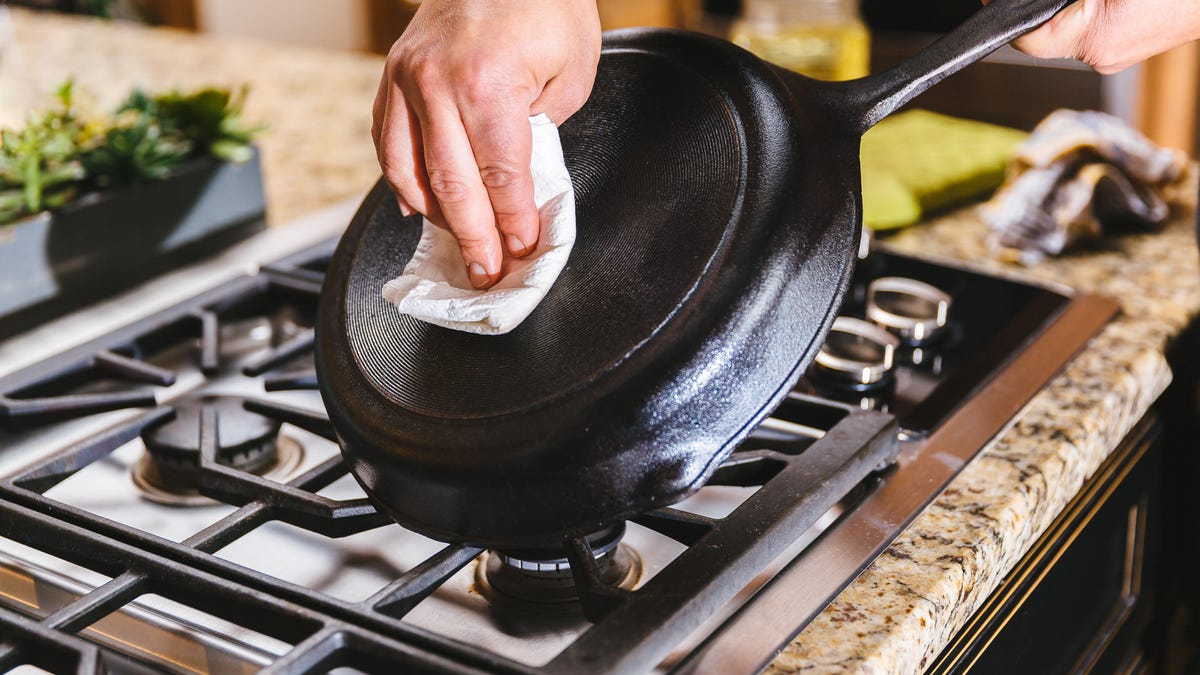
The Pros and Cons of Carbon Steel
Advantages of Carbon Steel
- Excellent heat conduction allows for precise temperature control.
- Lightweight and easy to handle.
- Develops a natural seasoning over time.
Disadvantages of Carbon Steel
- Requires seasoning to maintain non-stick properties.
- Can rust if not properly cared for.
- May react with acidic foods.
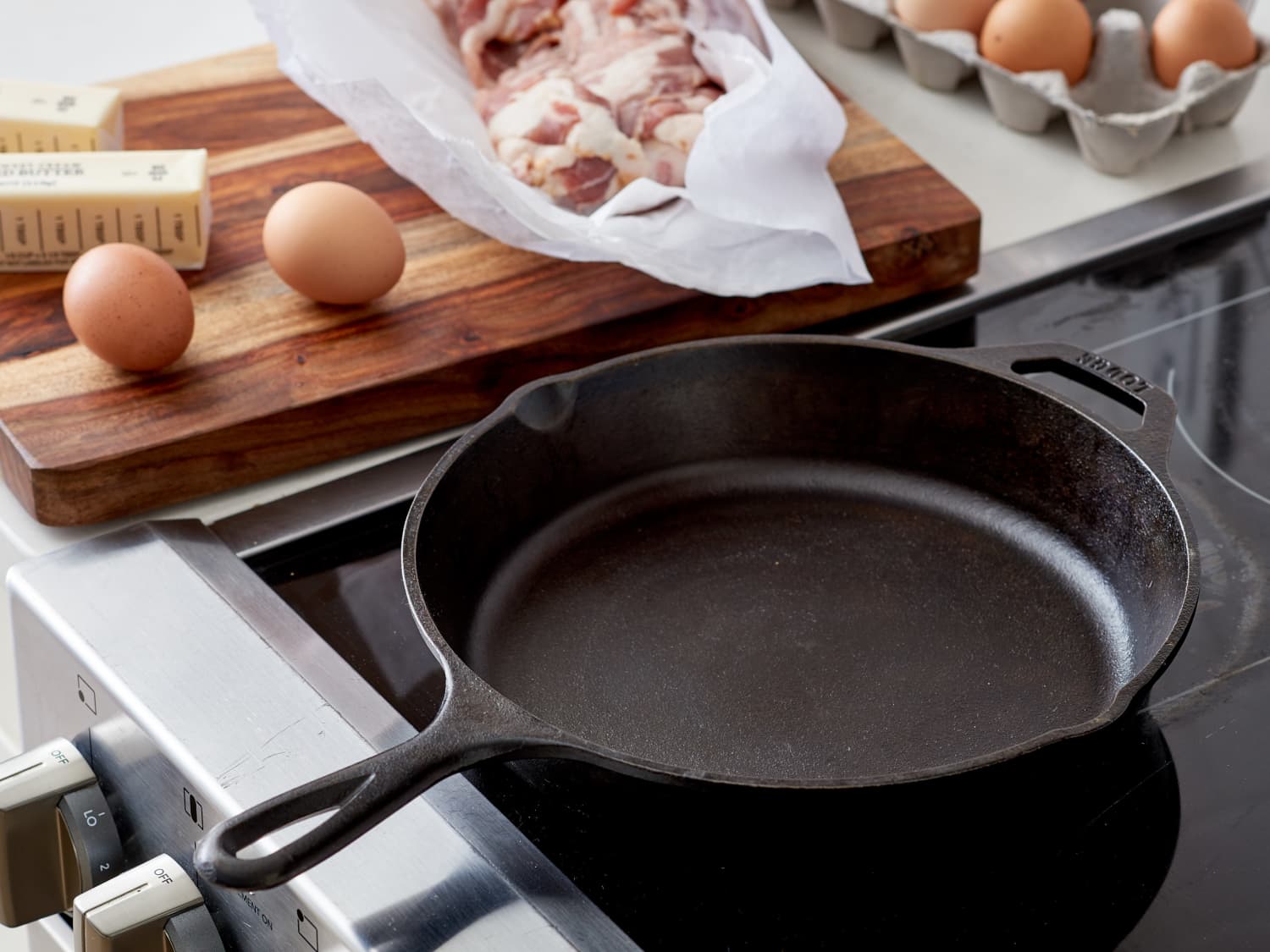
What is Cast Iron?
Cast iron cookware has been trusted by home cooks and professional chefs alike for generations. Known for its incredible heat retention and even cooking, it is often the go-to choice for slow-cooked meals. Cast iron pans require more maintenance than other materials, as they need to be seasoned to develop a non-stick surface and prevent rust.

The Pros and Cons of Cast Iron
Advantages of Cast Iron
- Exceptional heat retention, perfect for searing.
- Versatile; can be used on the stovetop or in the oven.
- Adds iron to your food, which can be a health benefit.
Disadvantages of Cast Iron
- Very heavy, which can make handling difficult.
- Requires seasoning and maintenance to avoid rust.
- Can react with certain acidic foods.
Choosing Between Carbon Steel and Cast Iron
The choice between carbon steel vs cast iron ultimately comes down to your cooking style and preferences. For faster cooking techniques where quick transitions are needed, carbon steel is usually preferred. On the other hand, if your focus is on slow-cooking methods, cast iron might be the best fit.
Best Practices for Cooking with These Materials
Maintaining Carbon Steel Cookware
To make the most of your carbon steel cookware, always season it after each use. Avoid using soap, as it can strip away the seasoning layer.
Maintaining Cast Iron Cookware
It is essential to keep your cast iron well-seasoned. Regularly apply a thin layer of oil after cleaning to maintain the natural non-stick surface.
Common Questions: Carbon Steel vs Cast Iron
1. Can I use carbon steel on an induction cooktop?
Yes, most carbon steel pans are induction-compatible due to their ferromagnetic properties.
2. Is one better for frying than the other?
It depends on the technique; carbon steel heats quickly, making it great for searing, while cast iron retains heat, ideal for deep frying.
3. Can I season both pans the same way?
Yes, the seasoning process for both materials is quite similar, using oils at high heat to create a non-stick surface.
You may want to read about cooking salmon burgers or cooking London broil to get practical cooking tips that could enhance your skills with both materials.
Final Thoughts on Carbon Steel vs Cast Iron
Choosing between carbon steel and cast iron is a decision that hinges on the specifics of your cooking style. Both materials offer unique benefits that can elevate your culinary skills. Whether you prefer the agility of carbon steel or the robustness of cast iron, understanding their differences will help you in your professional kitchen endeavors.
As an Amazon Associate, I earn from qualifying purchases.

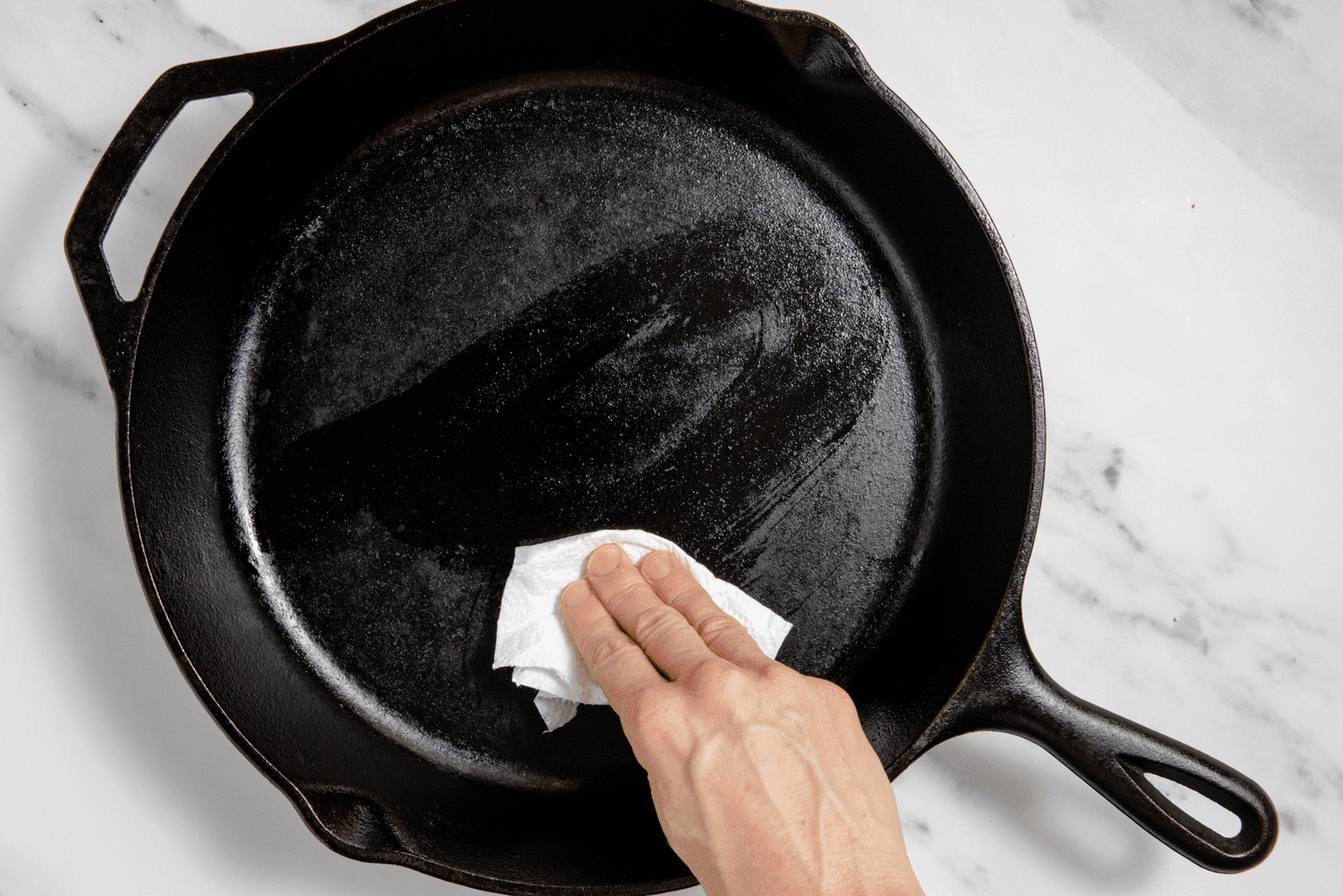


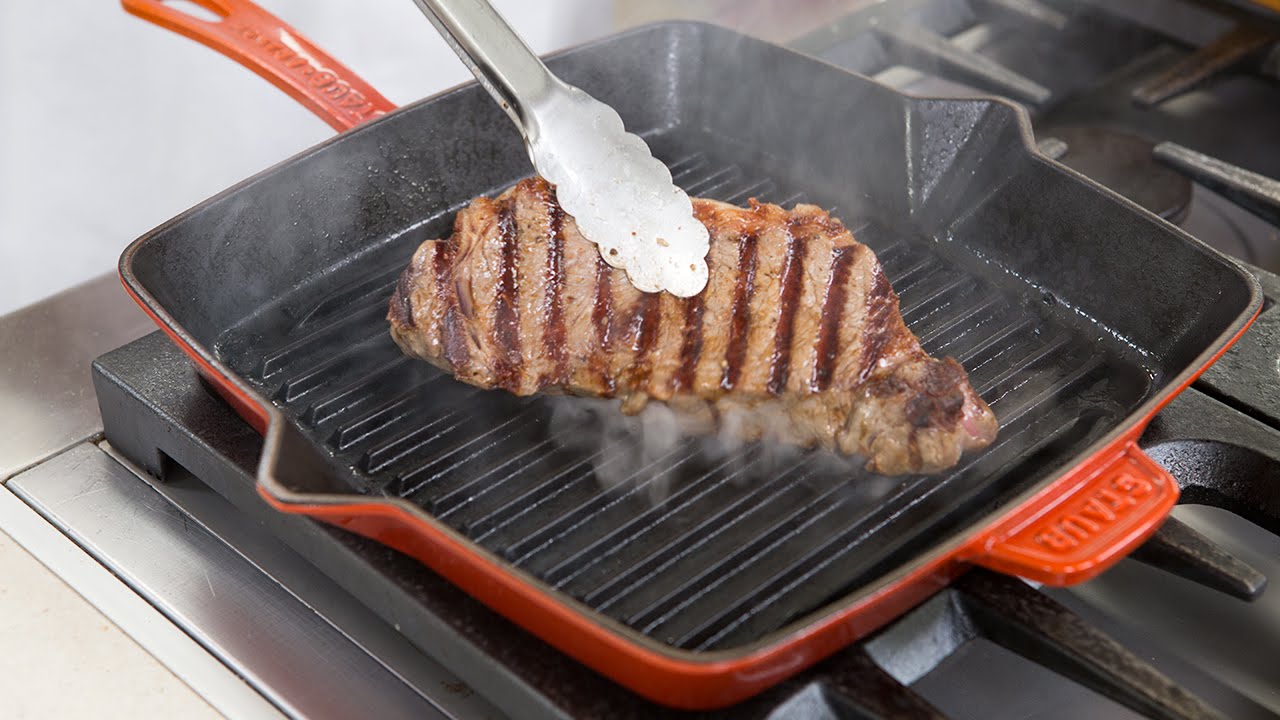
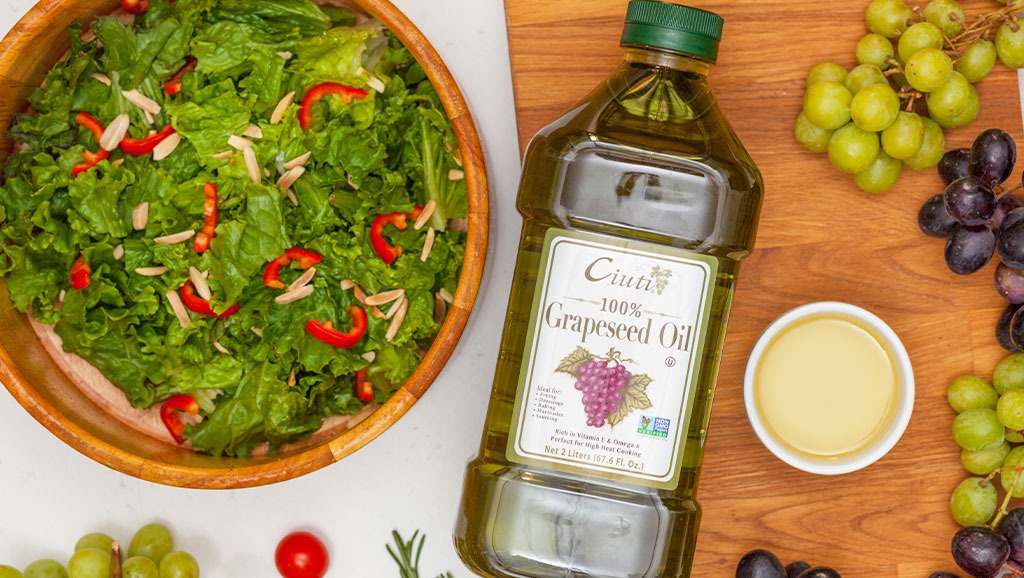
Leave a comment
This site is protected by hCaptcha and the hCaptcha Privacy Policy and Terms of Service apply.